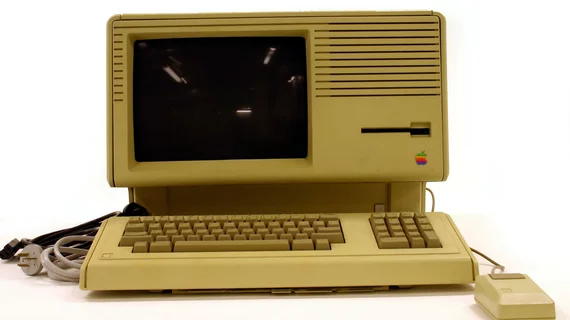US led the world in medical AI research from 1975 to 2020
Analyzing the scientific literature on medical AI published over the past 46 years, researchers in the U.K. have found the U.S. far ahead of the field for sheer quantity.
Of nearly 84,000 journal articles meeting the bibliometric criteria, researchers Stateside published 19,180. That was 42% of the field.
The nearest runner-up, China, had 12,344 works, good for 14%.
Next came Spain (7.96%, n = 6,920), England (7.44%, n = 6,471) and Germany (6.6%, n = 5,740).
The lit-review authors, radiologists Urszula Wegner, MD, of United Lincolnshire Hospitals and Emre Pakdemirli, MD, of West Hertfordshire Hospitals, further divvied up by medical specialty.
They found the most frequently represented fields were oncology, radiology, neuroradiology and ophthalmology—and there were no major statistical differences between those four.
Unsurprisingly, not much was happening with healthcare AI research in the mid- to late-1970s.
“However, AI-driven software soon influenced and inspired qualified staff across the globe with subsequent increase of numerous associated publications in the 1990s,” the authors report. “Importantly, this positive research trend demonstrates continuous dramatic growth pattern over the recent years.”
Wegner and Pakdemirli comment that they undertook the project to “shed light on the bibliometrics of the growing literature and address any potential or explored scientific gaps.”
Cureus published the study this month and has posted it in full for free.

